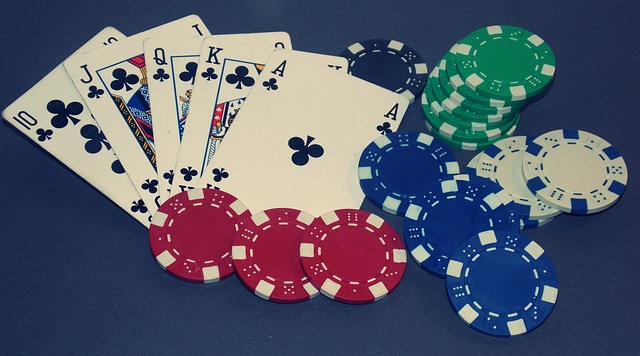The Long-Term Effects Of House Edge On Player Bankroll
When it comes to gambling, whether it’s at a casino, online, or in a friendly game with friends, the odds are always stacked in favor of the house. This advantage, known as the house edge, is what ensures that the house always comes out ahead in the long run. But what exactly is the house edge, and how does it affect a player’s bankroll over time? Let’s dive into the world of probability and statistics to explore the long-term effects of the house edge on player bankrolls.
Understanding the House Edge
The house edge is a percentage that represents the mathematical advantage that a casino has over the player in a particular game. For example, in a game of roulette, the house edge is around 5.26% for double-zero wheels. This means that for every $100 wagered by players, the casino expects to make a profit of $5.26 in the long run.
The house edge varies depending on the game being played. Some games, like blackjack and video poker, have a much lower house edge than others, making them more favorable for players looking to maximize their chances of winning. On the other hand, games like keno and slots have a much higher house edge, meaning that players are more likely to lose over time.
The Impact on Player Bankrolls
Over the short term, the house edge may not have a significant impact on a player’s bankroll. In fact, players can experience both wins and losses in the short term due to the inherent randomness of gambling. However, as the number of bets placed increases, the house edge starts to take its toll on a player’s bankroll.
For example, let’s say a player bets $100 on a game with a 5% house edge. On average, the player can expect to lose $5 for every $100 wagered. If the player continues to make $100 bets over time, the house edge will gradually eat away at their bankroll, leading to an inevitable loss in the long run.
Strategies to Mitigate the House Edge
While the house edge is a fact of life in the world of gambling, there are some strategies that players can employ to minimize its impact on their bankrolls. One common strategy is to choose games with a lower house edge, such as blackjack or baccarat, where the odds are more favorable for players.
- Another strategy is to take advantage of bonuses and promotions offered by casinos, which can help offset the house edge and increase the player’s chances of winning.
- Additionally, players can use betting systems and strategies to manage their bankrolls more effectively and reduce their losses over time.
Questions and Answers
Here are some common questions about the house edge and its impact on player bankrolls:
Q: Why is the house edge important to understand?
A: Understanding the house edge is crucial for players to make informed decisions about their gambling habits and manage their bankrolls effectively.
Q: Can players ever overcome the house edge?
A: While it’s possible to win in the short term, the house edge ensures that the casino will always come out ahead in the long run.
Q: What are some ways players can minimize the impact of the house edge?
A: Choosing games with a lower house edge, taking advantage of bonuses, and using betting strategies are all effective ways to mitigate the effects of the house edge.
Conclusion
In conclusion, the house edge is a fundamental concept in gambling that has a significant impact on a player’s bankroll over time. By understanding the house edge, choosing games wisely, and employing effective strategies, players can mitigate its effects and increase their chances of winning. While the odds may be stacked against them, a smart player can still come out on top in the long run.
| Game | House Edge |
| Roulette | 5.26% |
| Blackjack | 0.5% |
| Slots | 5-10% |



